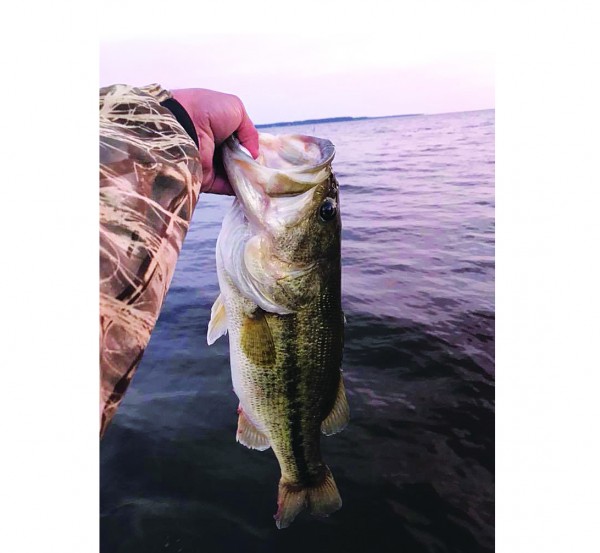Local mercury advisories issued by state

Three state agencies have issued advisories regarding the consumption of fish found in three area bayous that lead into the Mermentau River.
The advisories were posted July 25 by the state departments of Health, Environmental Quality and Wildlife and Fisheries. According to the warnings, sampling from bayous des Cannes, Plaquemine Brule and Queue de Tortue found unacceptable levels of mercury in fish located in those waters. Specifically, the state detailed the type of fish in which higher levels of mercury were found, as well as the geographic boundaries of each body of water in question:
• Bayou des Cannes — Sampling conducted in Acadia Parish discovered high mercury levels in bowfin (choupique, grinnel), crappie (sac-a-lait), largemouth bass and freshwater drum (gaspergou). Bayou des Cannes originates near Ville Platte in Evangeline Parish and enters the Mermentau River.
• Bayou Plaquemine Brule — Sampling conducted near Jennings in Acadia Parish found unacceptable mercury levels in largemouth bass, crappie (sac-a-lait), freshwater drum (gaspergou), flathead catfish and bowfin (choupique, grinnel). Plaquemine Brule begins near Opelousas in St. Landry Parish and enters the Mermentau River.
• Bayou Queue de Tortue — Sampling in the parishes of Acadia, Vermilion and Lafayette detected high mercury levels in largemouth bass, crappie (sac-a-lait), freshwater drum (gaspergou), warmth, bluegill sunfish and bowfin (choupique, grinnel). The advisory for this bayou applies to its headwaters near Cankton to where it enters the Mermentau River.
The advisories were issued as a precautionary measure, according to the documents. The three state departments each noted that mercury is naturally-occurring and is released through human activity and natural processes. Because of this, small amounts of mercury are found in natural bodies of water.
But too much mercury, including its relative methylmercury, can be dangerous for humans, especially unborn and young children. According to the advisory, pregnant women can pass mercury from the fish they eat to their unborn babies, and nursing mothers can pass the mercury to infants through breast milk.
According to the Department of Health, Louisiana fish consumption advisories are based on the estimate that the average Louisiana resident eats four fish meals per month. A meal is considered to be six ounces of fish for adults and children. Those who eat more than four meals of fish a month from local water bodies might increase their health risks, according to the advisories.
